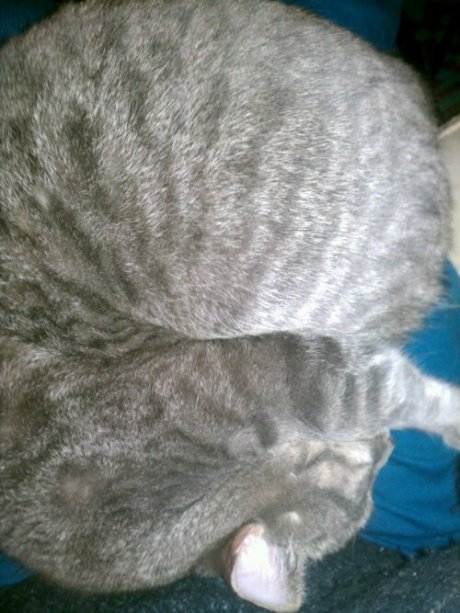music is hard. (because music is hard.)
When we get frustrated with ourselves, and we get all mad-sad-mad that we can’t play something the way we want to, I think we forget that music is actually hard. It’s difficult for us in the moment because it’s legit-complicated and if it weren’t we wouldn’t appreciate it so much. This stuff is truly complex and arduous. There is just SO MUCH going on, and this is true in so many areas of life. Let’s give ourselves a little more credit by acknowledging the difficulty of the tasks at hand a bit more realistically. We aren’t idiots. Difficult things are actually difficult.
